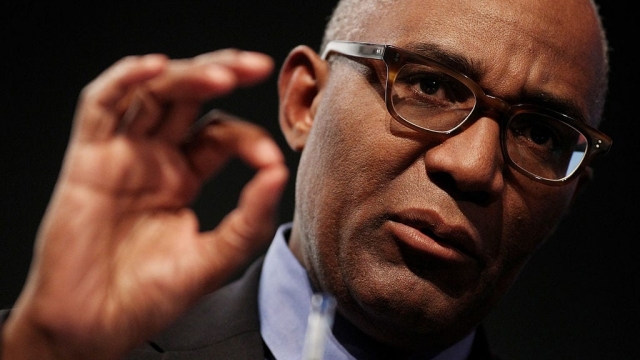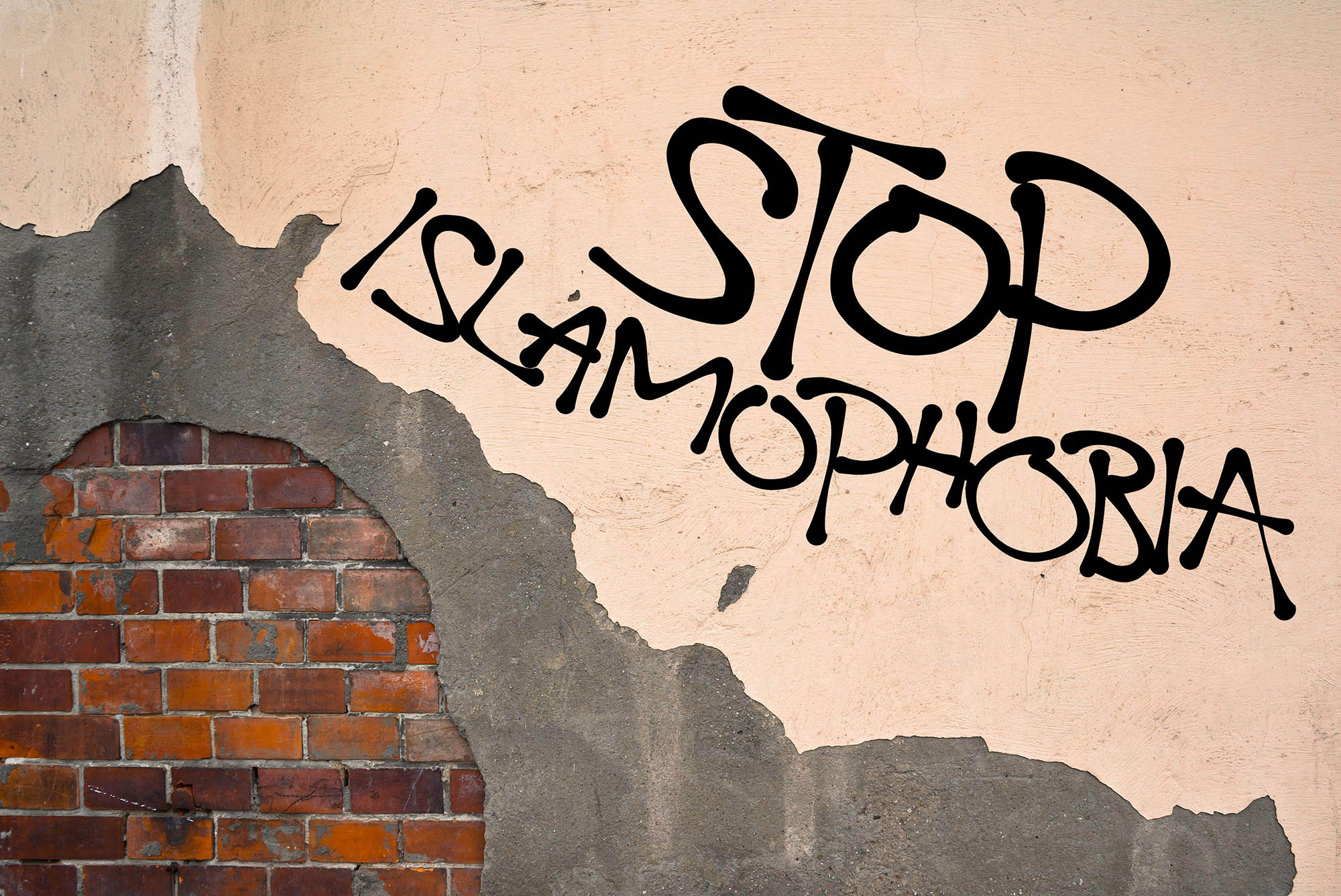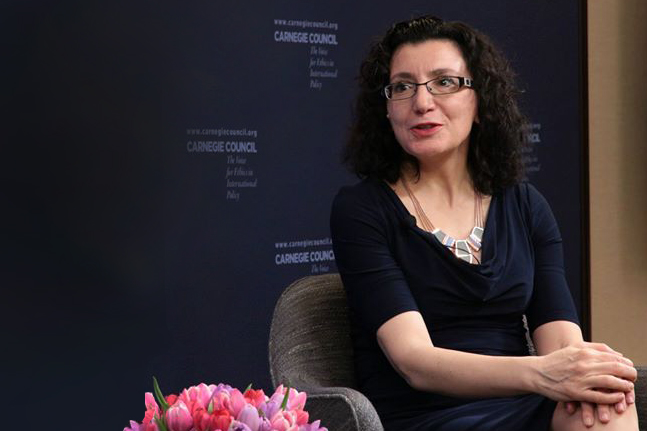Papers are invited for an international seminar at Jamia Millia Islamia (A Central University), New Delhi, India. “Negotiating and Accommodating Religious Identity in Public Arena: Comparing Indian and European Experiences with Special Reference to Muslim Minorities”
The conference will take place February 10-12, 2010.
The major goal of the seminar, bringing together prominent scholars from different parts of the globe, is to undertake a comparative examination of Indian and European perspectives and policies dealing with the issues related to religious minorities, particularly their Muslim populations.
Europe today is facing new challenges of cultural and religious diversity. Muslim immigrants constitute the most important aspect of this diversity. Multiculturalism has emerged as a dominant discourse to deal with this challenge. India has historically lived with cultural and religious diversity but is facing new challenges in managing this age-old diversity since it launched the project of creating a nation-state after its independence. The focus of this seminar proposal is to undertake a comparative study of the approaches to accommodation of cultural and religious diversity in Europe and India. The seminar will reflect the ways both India and Europe can learn from the experiences of one another; negotiating and accommodating the religious identity of minorities, particularly Muslims, in public arena.
A comparative focus on state behavior is crucial to understand the process of political integration as it shapes and structures the relationship between individual citizen, communities and the state.
How the demands of unity and diversity are reconciled cannot be determined in the abstract, for the mode of reconciliation would obviously vary from society to society. Traditional societies like India have been historically multicultural and evolved better institutional mechanism to harmonize the demands of multicultural groups, though these mechanisms are today put to severe strain in the context of nation-building processes. In contrast, western modern societies have produced culturally homogenous nation-states which however have difficulties in dealing with community based cultural demands, though at the present time a good many experiments are underway for accommodating distinctive community identities. For example, Britain represents a case of a conscious policy that promotes and allows space for communitarian existence within the broader political framework. In general, much of Western Europe can live with individual differences but feels threatened in the absence of an organized, institutionalized, clearly defined, and singular source of unity.
On the other hand, the Indian Constitution aspires to strike a balance between individual and group rights and Indian political process has historically managed the various identity based demands-whether minority or majority-without demanding the authentic representation with such groups
Europe, having already evolved as a group of nation states in preceding centuries, is now being called upon to accommodate and incorporate a substantial religious minority into the dominant national ethos. On the other hand, India has devised a political framework where the attempt has been to incorporate minorities as an integral part of the polity while
allowing them a modicum of religious space. A comparison between these two divergence cases is premised on the assumption that such a comparative study would provide insights and lessons that might be extremely relevant for both. Muslim minorities within the framework of the nation states suggest strong points of mutual convergence.
The organizers are particularly interested in papers that address the following question/issues:
1. How do European and Indian approaches towards religion, particularly Islam, shape policy making towards Muslims?
2. How political institutions in European countries (especially in those with the largest Muslim populations, i.e., France, Germany and Britain), and in India at various levels of government are managing the demands of cultural and religious diversity. What modifications in these institutional mechanisms are suggested by comparative analysis?
3. What have been the Islamic responses to multiculturalism in Europe and in India?
4. How does the colonial past and experience of the immigrant groups in Europe and in India affect the post-colonial reality?
5. What are the different approaches of European countries and India towards citizenship and naturalization laws?
6. What are the forms and expressions of discrimination against Muslims in law and in social practices in Europe and India? Do these differences impact the way cultural groups respond to the state?
7. What measures of protection exist against religious discrimination in European countries and India?
8. What is the role of education in public schools and in Muslim schools in terms of promoting integration in both European countries and India?
9. How does Islamic religious identification interact with other social factors, such as class, language, and ethnicity, gender national and regional origin and shape the state policies in both, European countries and India?
10. What have been the impacts of the ‘securitization’ of Islam in Europe and India on their Muslim populations?
11. Who speaks for European and Indian Muslims? How has the debate on the issue of representation of Muslims in public sphere in India and Europe been framed?
12. Key features of the current politics of Muslim identity in Europe and India, including:
1. Approaches towards religion
2. Political institutions and religious minorities
3. Islamic response to multiculturalism
4. Citizenship and naturalization laws
5. State, law and discrimination
6. Legal protection against discrimination
7. Education, school and integration
8. Islam and securitization debates
9. Muslim representation in public spheres
10. Politics of Muslim identity
Please email 300-word abstracts by November 15, 2009 to Dr. Konrad Pedziwiatr at [email protected].
Submissions should be in MS Word or PDF format and should include your name, academic title and institutional affiliation. Respective speakers will be informed of the approval by the end of November. The organizers will take care of accommodation, internal travel and food. Due to financial limitations the organizers are unable to cover participants’ airfare.





